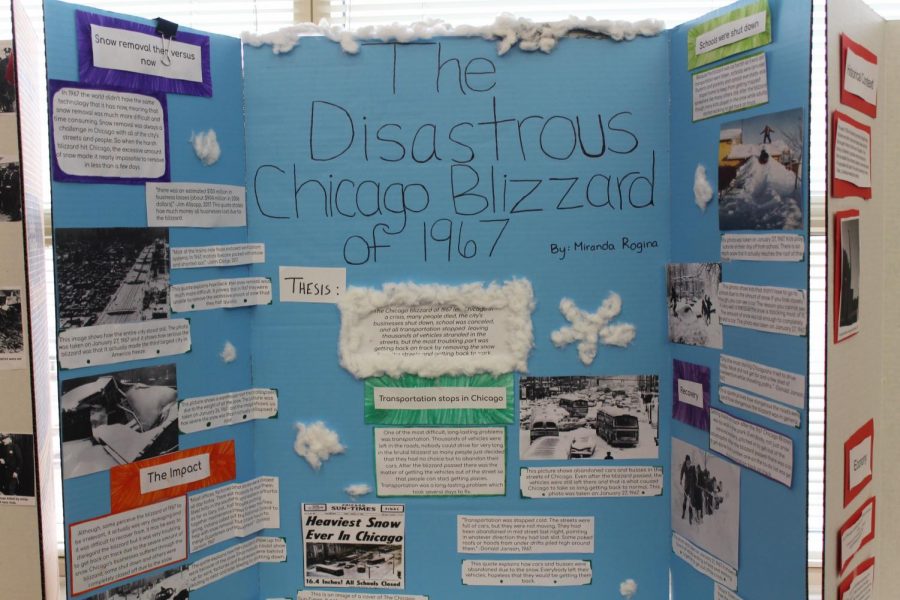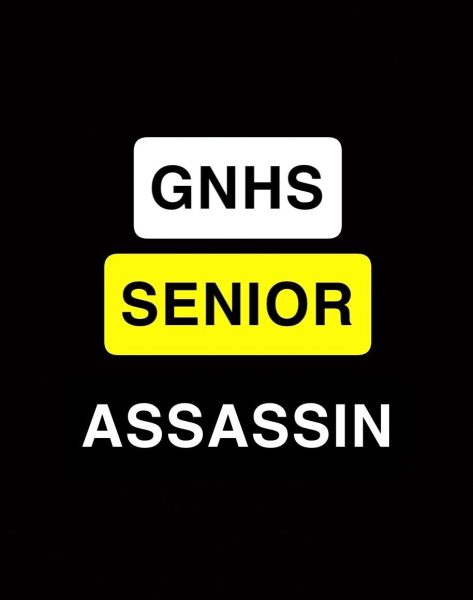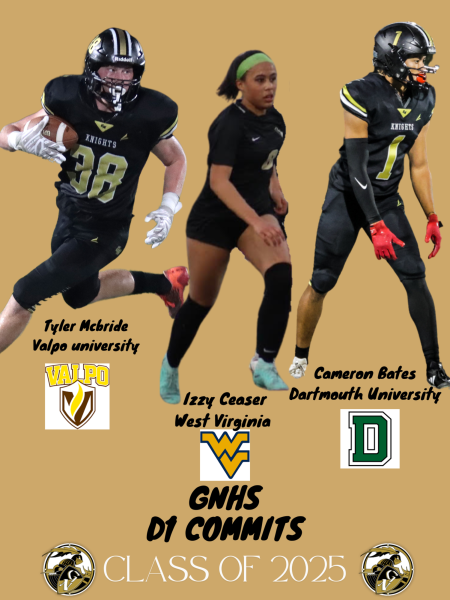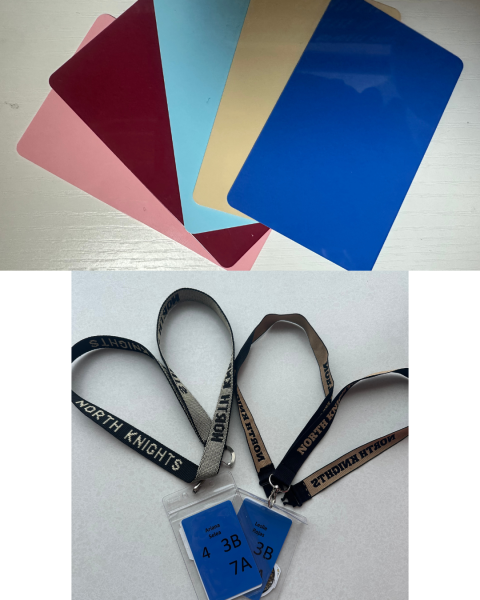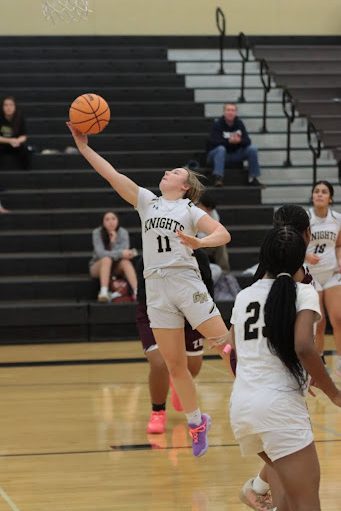North continues History Fair tradition
The 2019 annual History Fair took place at North on Feb 6, and the selected top projects will be continuing on to Niles North High School in March for Sectionals.
In preparation for this competition, all of the regular and honors US History classes began this project in either November or early December. Each student selected their own topic of interest, researched it, and created a project that is judged through various levels of the competition.
“History Fair is a process. It’s a multi-step process that takes a few months really. Even if we weren’t working on it every day, or most days, it would take several weeks because it’s a long research project. We have a theme. All the projects have to connect to the theme, and they have to connect to the state of Illinois, not just Chicago. It can be the state of Illinois, and the [topics] have to be at least 25 years old. So, you choose your topic within those parameters. You develop a research question. You do some initial research to develop a working thesis statement. You use your initial research, which is mostly secondary sources, to find primary sources to support your thesis or to revise your thesis as necessary, and then you present your research through analysis and evidence and some medium in there, and there are five possibilities,” said US History teacher Tim Sermak. “There’s the tri-fold board which is basically a mini museum exhibit, and most students end up choosing that option, websites, documentaries, research papers, and live performance categories. Then it’s a competition, so every school that competes sends their top projects to Niles for the Sectional competition in March.”
Throughout the course of these projects, there are multiple ways for students to enjoy this project as a whole. It gives each student many possibilities to show what they know about the topic they’ve done their research on and execute a project in the end.
“I think in general there’s a couple of ways. One way is that students have the opportunity to find something they’re interested in, so as opposed to as teachers, we’re trying to find information that we think will be relevant to students and content that’s going to connect. When you have an opportunity to choose your own project, that creates an ability to be like ‘hey, I’m passionate about music, so I can do that.’ You can be passionate about whatever it might be, so you can connect to it that way. But I think also just the ability of starting from almost, pretty much scratch, and having to create this product is a great experience not only for students right now, but also as you’re going forward, knowing how to do research, how to back up an argument, how to know where to start and know where to look for information,” said US History teacher Johnny Kent.
Each student was given about two to three days to choose the topic that they wanted to spend the six weeks researching. Students chose different topics within each classroom, and each student chose their topic for specific reasons.
“I focused my project on the Jane Collective Group, a group of women who provided safe abortions for women all over the Chicago area when abortions were illegal for women. I chose this project because not many people are aware of how significant this group was to women in Illinois, and it’s something that needs to be recognized,” said junior Kristen Monaco.
With doing this project, there are many ideas to learn and a multitude of opportunities given. It helps students with not only school skills but skills that people will need for later in their lives.
“This idea with History Fair is that we as a school and as US history team of teachers believe that this project is important because it allows [students] to actually do history in an authentic way. So instead of just learning through worksheets and memorization, you actually have to produce an original argument based on original research, which is something that if you decide college is for you, you’re going to have to do in college at some point, whether it’s in history or some other field,” Sermak said. “If for some reason college isn’t for you, it’s still the idea that you should learn to present an argument using evidence, that there should be facts that support your assertions and not just copying someone else’s opinion for the sake of it.”

